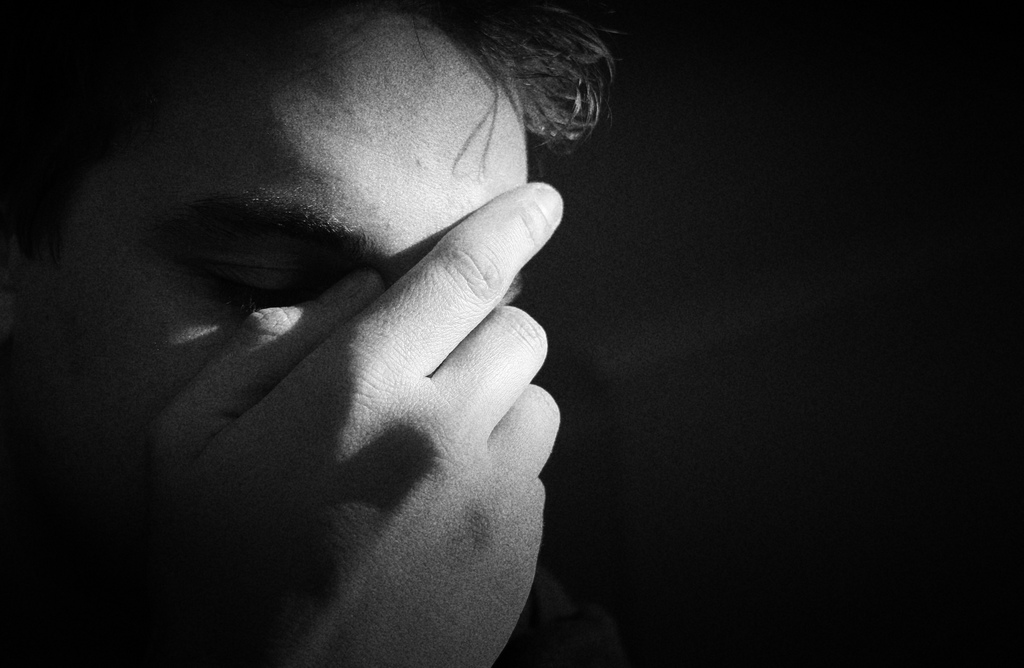Psoriasis Vulgaris, also known as plaque psoriasis, is the most common form of psoriasis. Almost nine out of every ten people suffering from psoriasis have this type of chronic skin condition. Plaque psoriasis usually affects the skin on your elbows, knees, scalp, and lower back.
Symptoms
Characteristically, plaque psoriasis appears in the form of large areas of raised, red skin that are covered with white, silvery patches of dead skin cells. These patches are called “plaques” and are often scaly and flaky as well. Although lesions are most common on your elbows, knees, scalp, and lower back for plaque psoriasis, they can appear on any area of skin.
There are other common symptoms that usually accompany plaque psoriasis, such as itching, burning, swelling, and pain.
In some extreme cases of plaque psoriasis, psoriatic erythroderma can develop. This involves a widespread inflammation of most of the skin on your body and can be excruciatingly painful or even fatal if left untreated. Even though most cases of plaque psoriasis are not this extreme, it is important to see a doctor and receive treatment if you are showing symptoms of a form of psoriasis.
Treatment
While psoriasis is not curable, the faster it is diagnosed, the better. If you are experiencing any of these symptoms, ask your primary care physician if you might need to be referred to a dermatologist. Dermatologists specialize in skin care, and if you are suffering from plaque psoriasis, there are many treatments they can recommend to help treat your symptoms. Managing your psoriasis will greatly add to your overall well-being and quality of life.
Treatments can range from person to person, depending on the severity of your condition. Sometimes, over-the-counter ointments and topical medications work well enough to keep your psoriasis at a manageable level. Another option is phototherapy, which is the use of UV light to treat psoriasis. Special lamps have been developed that deliver exact amounts of light depending on your skin type.
Some cases of psoriasis are resistant to topical treatments and phototherapy. There are other options for treatment, such as oral medications or injectable treatments. It is important to talk with a doctor and be properly diagnosed before attempting any of these methods on your own.
Prognosis
Because psoriasis is a life-long condition, sometimes it can impact individuals in other ways related to the quality of life. Most people with psoriasis experience just mild skin lesions and find that treatment is usually easy and effective. However, in other cases, psoriasis can be severe enough to interfere with things such as self-care, sleep, sports, and certain occupations. Low self-esteem and depression are more common for people who suffer from psoriasis since it can negatively affect your self-image and self-confidence.
Treatment for this disease is constantly improving, though, so it is important to stay positive and listen to your doctor’s advice for care and management of your condition. If you are exhibiting symptoms but have never asked your doctor out of embarrassment or for any other reason, remember that this is a fairly common skin condition that doctors are used to dealing with. The sooner you are diagnosed, the sooner you can start finding a treatment that minimizes or even eliminates your symptoms completely.
Featured Image: twitter



